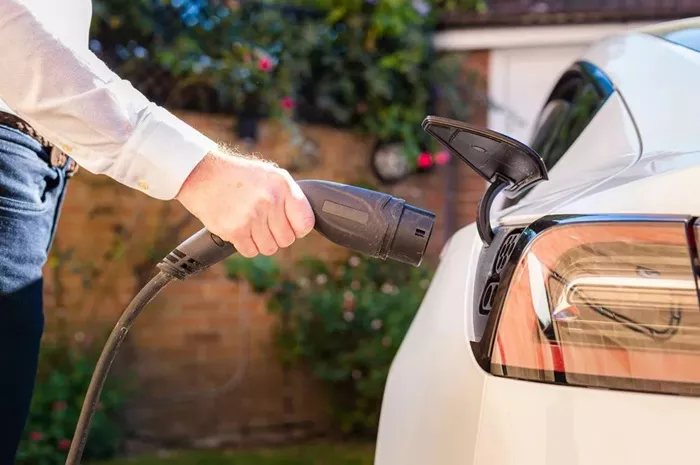Many people in the UK who are unsure about buying an electric vehicle (EV) might soon change their minds, thanks to a new technological breakthrough.
One major challenge with EVs today is their limited driving range. Most electric cars can travel between 200 and 300 miles on a single charge. This means longer trips require careful planning to avoid running out of battery between charging stations. Unlike petrol stations, charging points are less common, which can make trips more difficult. This is a big concern for many potential EV buyers.
However, a new development could change this. According to a report by Green Car Stocks, a team of researchers in South Korea has found a way to increase the driving range of EVs up to 3,000 miles on a single charge. If successful, this would remove one of the biggest hurdles to switching to electric cars.
In recent years, there have been many advances in EV technology. These include faster charging and better battery designs. Car makers and scientists have worked hard to improve battery efficiency, making cars lighter and batteries more energy-dense. But the limits of current battery chemistry have held back progress.
The new research focuses on solving a problem called silicon swelling in EV batteries. The South Korean team has developed a method to reduce this swelling, which allows batteries to store up to ten times more electricity than current models. This could greatly extend the driving range of electric cars and increase demand for zero-emission vehicles.
What makes this discovery special is that it changes how batteries are made, not just small improvements to existing designs. This new approach could open up many possibilities for better energy storage.
Better batteries could also help other technologies. For example, solar energy systems could store more power, making them more reliable and efficient. This research could have a wide impact beyond electric vehicles.
The idea of EVs that can travel 3,000 miles on a single charge could be a turning point for electric cars. It means drivers could take long trips without worrying about finding charging stations. The electric car revolution might soon accelerate to a new level.

